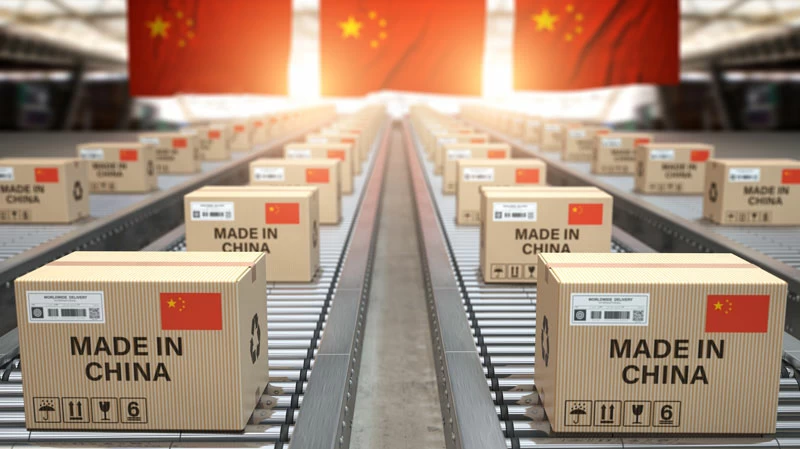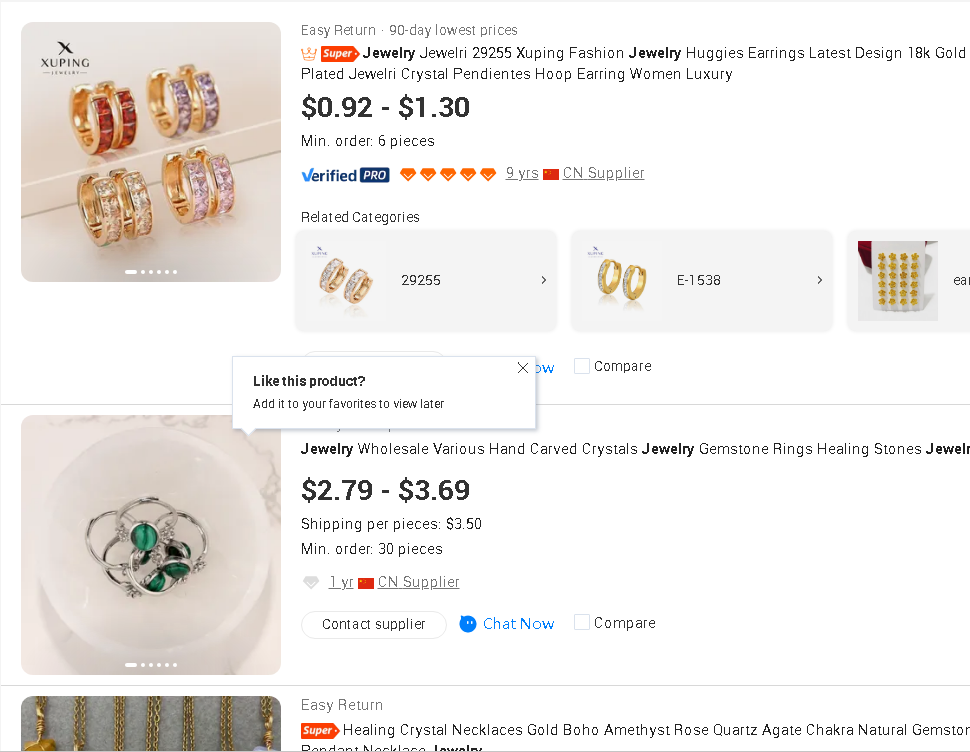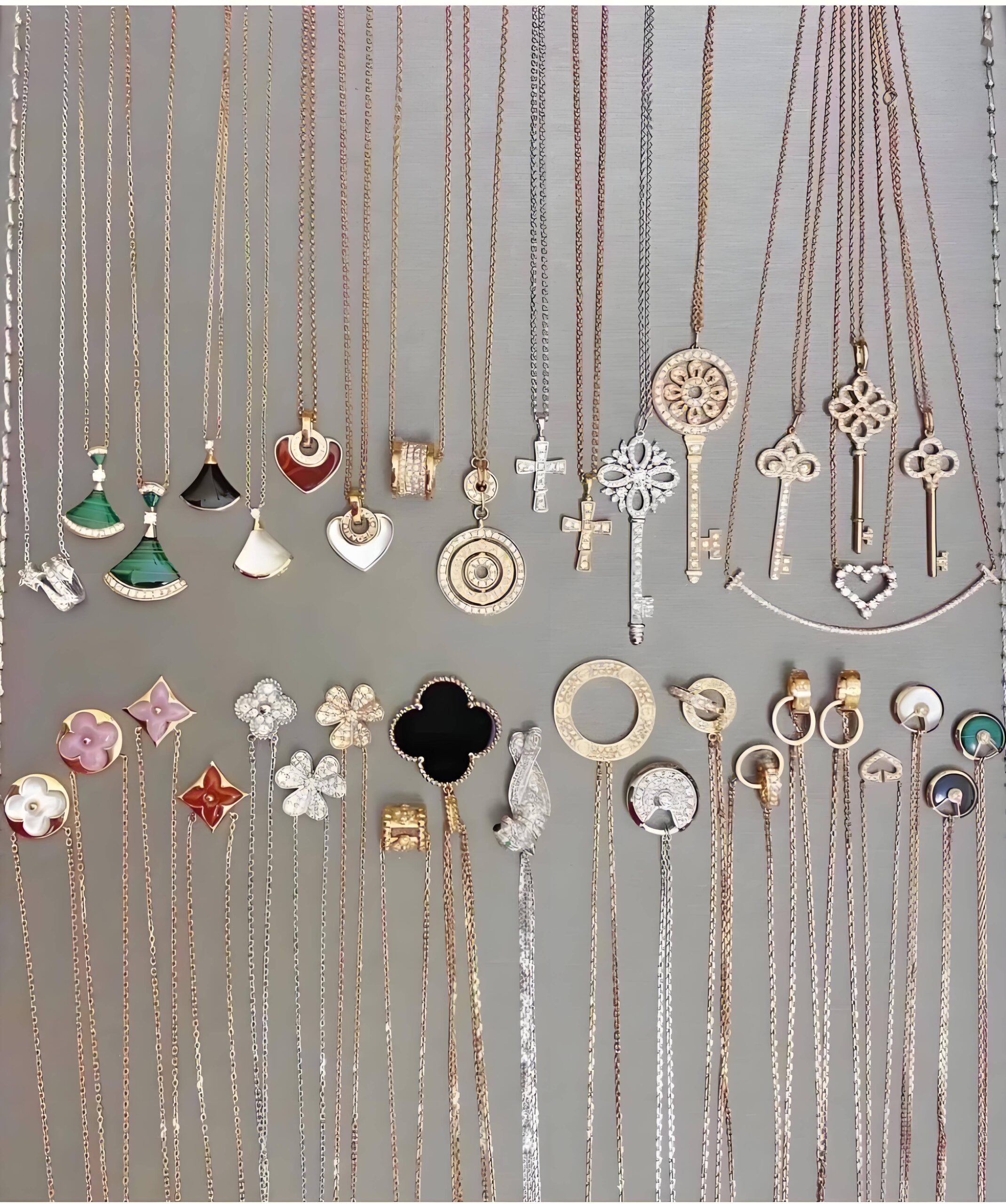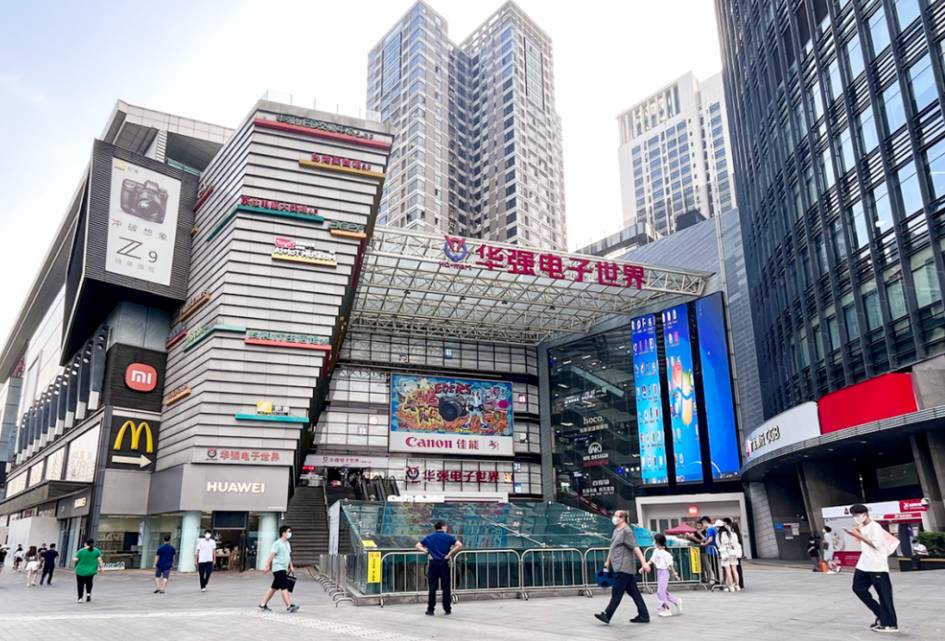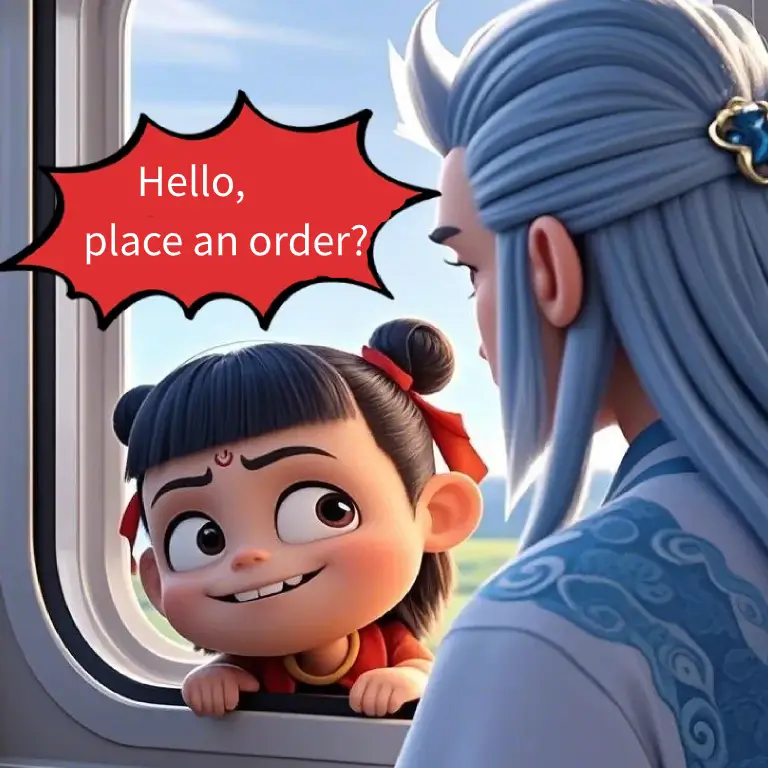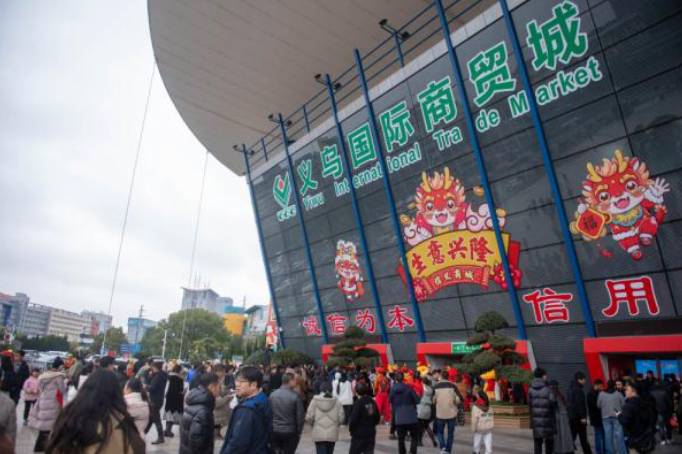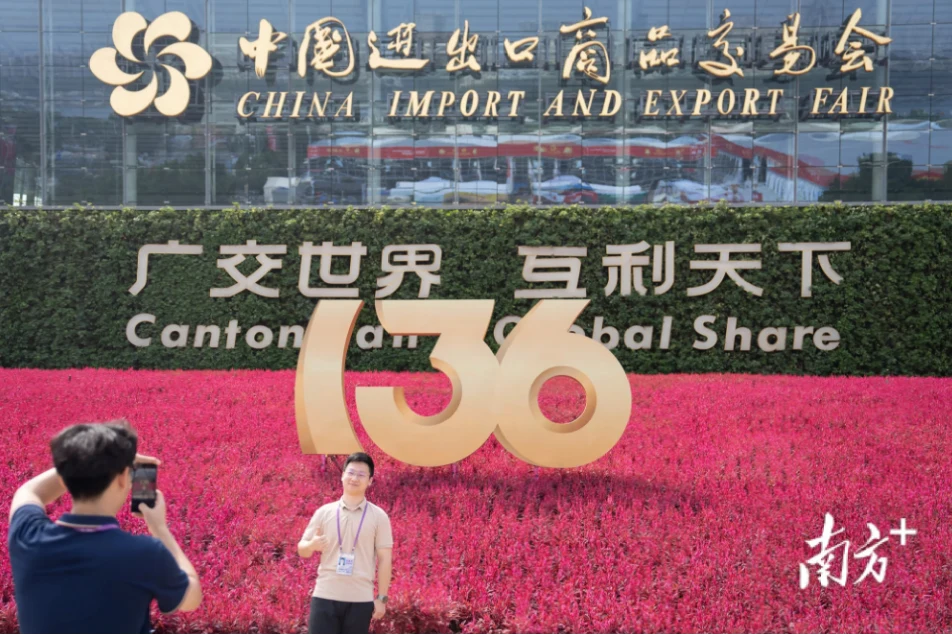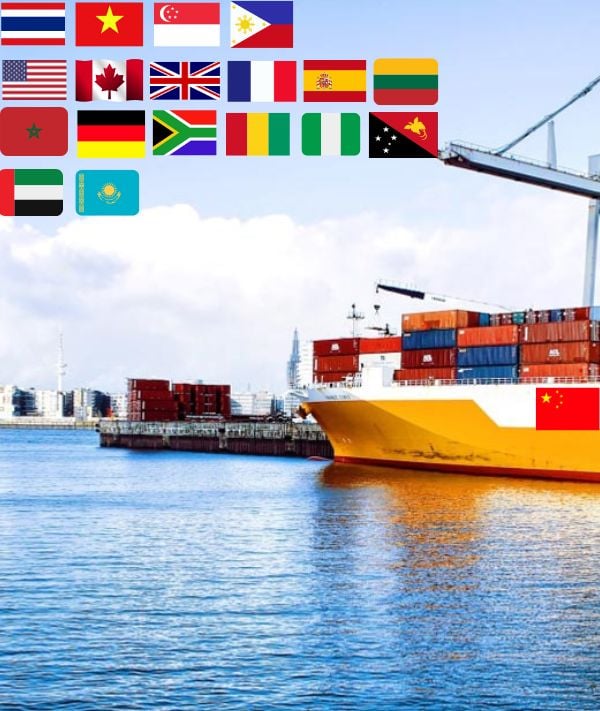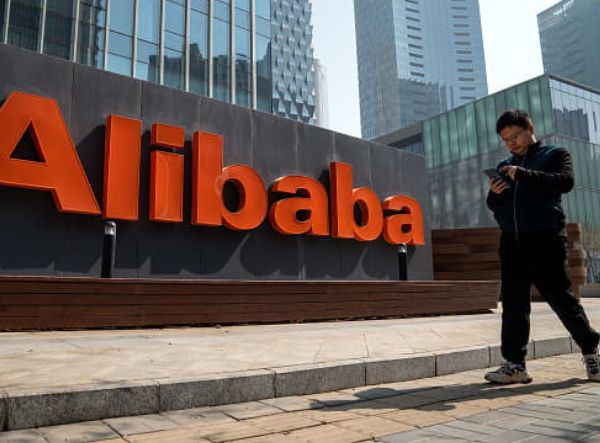
Even though China’s industrial landscape has shifted in recent years, its status as the world’s factory remains unchallenged. The low manufacturing costs and willingness of suppliers to accept smaller orders make China an attractive destination for businesses worldwide. However, international procurement can be a daunting task for newcomers.
Alibaba China, in particular, is very user-friendly for new businesses. In this article, we will explore how to source products on Alibaba, find high-quality suppliers, and discuss the pros and cons of overseas procurement. We believe this article will help kickstart your business and guide you in the right direction.
Advantages of Sourcing in China:
One of the significant advantages of sourcing in China is lower costs, and suppliers are generally more willing to accept smaller orders. In many cases, China is the sole production location for certain products. Alibaba, with its diverse range of suppliers, makes the procurement process more accessible.
Challenges of Sourcing in China and Solutions:
The apparent challenges include language barriers and time zone differences. These can be overcome by hiring a translator or working with a reliable China sourcing agent. Another critical issue is verifying the credibility of suppliers and inspecting their products on-site. Some Alibaba manufacturers may engage in unethical practices, offering subpar Alibaba products. This can be mitigated by partnering with a reputable China sourcing agent, who can address various issues.
About Alibaba China:
Alibaba is currently the world’s largest online marketplace, catering to consumers, wholesalers, retailers, and third-party sellers. You can find virtually any product you need on this platform, and it maintains strict auditing processes to protect users from fraud.
Tips for Sourcing on Alibaba:
When you are not in China, you can access Alibaba’s international version. Searching for products is straightforward: simply input the name of the Alibaba products you desire, such as “jewelry,” and you’ll find thousands of product listings. You can also use the “Suppliers” option in the menu to filter through numerous suppliers.
By following these tips, you can navigate Alibaba China with confidence and make informed sourcing decisions for your business.
Aspects to Consider When Procuring on Alibaba china:
Minimum Order Quantity (MOQ):
The minimum order quantity represents the lowest order a supplier is willing to accept. Of course, MOQs are usually negotiable, and you can seek assistance from a professional China sourcing agent to negotiate MOQs effectively. A good sourcing agent can also assist you in price negotiations.
Payment Methods:
Advance Payment:
Risk Level: High
With advance payment, the supplier receives payment before production begins, which poses a significant risk for buyers. If you are not familiar with your supplier, it is advisable to avoid this method, as retrieving your funds can be challenging in case of security issues.
Western Union:
Risk Level: Very High
It is advisable for buyers to avoid high-risk payment methods when paying suppliers without third-party escrow. Typically, Western Union should only be used when dealing with individuals or entities you trust implicitly. This payment method offers limited recourse in case of problems or disputes.
PayPal:
Risk Level: Relatively Safe
PayPal is a relatively popular and low-risk payment method worldwide. It is user-friendly and offers good buyer protection. However, its popularity among suppliers may vary due to difficulties with withdrawing funds and concerns about dishonest buyers.
By considering these factors, you can make informed decisions when procuring products and manage the associated risks effectively.
Things to Be Aware of When Procuring:
Although Alibaba is an international platform, it’s not entirely risk-free, and buyers need to exercise caution.
Intermediaries:
Alibaba hosts thousands of businesses, but there are also those who claim to be Alibaba manufacturers when they are, in fact, intermediaries disguising themselves as manufacturers. They may inflate prices, increase your costs, and hinder communication with Alibaba.
Scammers:
While intermediaries can pose a problem, scammers are even more dangerous. Intermediaries may charge you extra fees, but scammers can swindle you out of all your money. Despite Alibaba’s stringent vetting measures, scammers still find ways to deceive and extract money.
Quality:
Quality is a significant concern when procuring from Alibaba, as it can impact your business’s reputation. Every supplier claims to be of high quality, but the actual Alibaba products quality may differ significantly from their claims.
How to Protect Yourself from Scams:
Ask More Questions and Follow Up with Suppliers:
Ask questions about their business and products, request photos or copies of business licenses, and conduct regular video meetings with them to monitor production progress. You can even request joint photos of the Alibaba manufacturers at the factory and have them send you the pictures.
Request Samples:
Requesting samples is a crucial step for quality inspection. When investing significant funds, you can pay for samples, and you can even request samples under a different identity for objective comparisons.
Beware of “Too Good to Be True” Prices:
While cost savings are essential, be cautious of unrealistically low prices. If you notice any issues during the transaction, it’s best to walk away.
When Communicating with Suppliers, Focus on:
Minimum Order Quantity (MOQ):
Even if the MOQ is specified in the product listings, it’s essential to verify with the supplier repeatedly to ensure accuracy. MOQs are almost always negotiable with Alibaba manufacturers.
Sample Pricing:
Samples are indispensable for quality checks, so inquire about sample pricing promptly. Some suppliers may receive numerous sample requests and offer them at full retail prices, while others may provide samples at discounted rates. In some cases, suppliers might even provide samples for free, especially if they view you as a sincere buyer.
Production Pricing:
One of the critical questions is understanding the per-unit cost of the product. On Alibaba China, prices are often provided as a range (e.g., $2 to $3 per unit), but you’ll want to know the exact per-unit cost.
Production Time:
Understanding the time required for production orders is a crucial consideration. Depending on your business needs, time may be a critical factor.
Payment Terms:
Many suppliers require upfront payment for new business relationships. Since inventory is a significant cost for e-commerce startups, it’s crucial to understand the various terms for Alibaba overseas payments. You may also want to inquire about terms for subsequent orders.
Negotiation:
Negotiation requires skill, and if you’re a newcomer, you can consult with a sourcing agent or directly entrust the negotiation to a sourcing agent. As mentioned earlier, MOQs are negotiable, so when negotiating, don’t focus solely on your goals but aim for a mutually acceptable standard with Alibaba manufacturers.
Conclusion:
Procuring from Alibaba offers new experiences and challenges for your business. If you can grasp the basics of safety knowledge, Alibaba can become your greatest ally in your endeavors. However, always remain vigilant and take extra precautions against scammers and intermediaries to avoid unnecessary losses.
Finally, we wish you a pleasant procurement experience.
Share This Story, Choose Your Platform!
We connect you with reliable factories, get the best quotes, deliver straight to your door.

